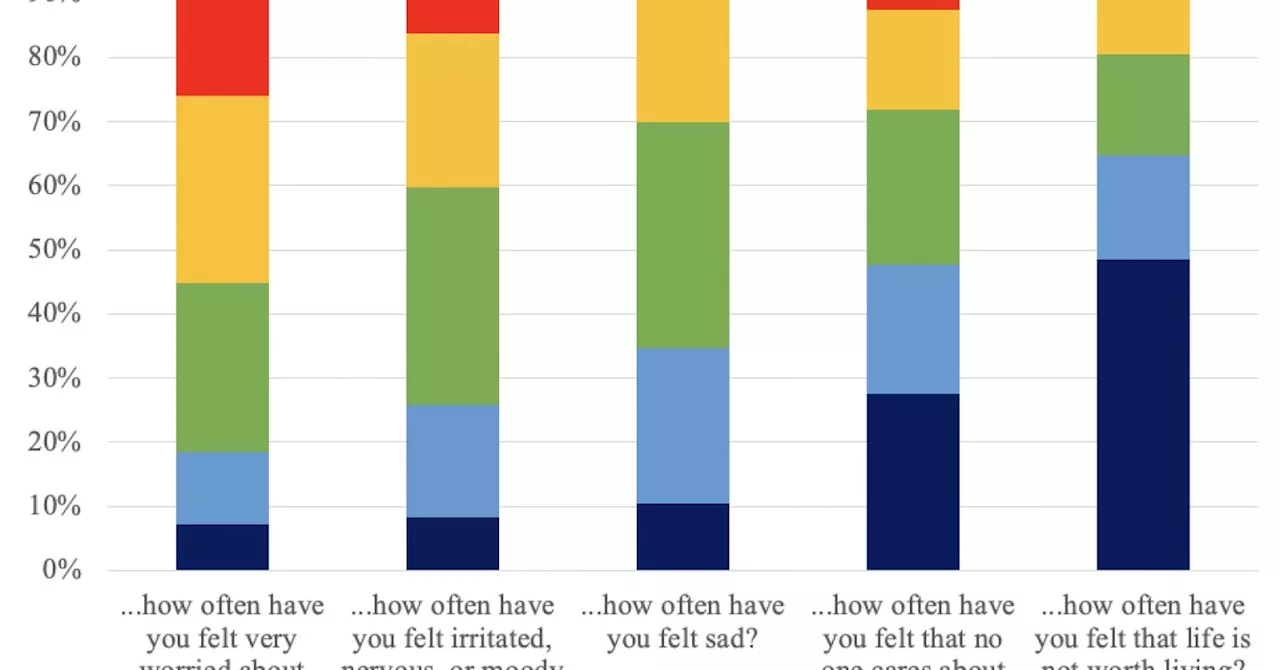
Several airports across the United States will soon implement new electronic gates, known as eGates, aimed at expediting passenger identity verification. The Transportation Security Administration (TSA) announced that this initiative seeks to enhance the overall traveler experience, particularly as international travel is set to increase. The eGates are part of a public-private partnership designed to improve security and efficiency at airport checkpoints.
Introduction of eGates at Major Airports
The initial rollout of the eGates began at **Hartsfield-Jackson Atlanta International Airport**, where the technology is now operational. This system is also expected to be installed at **Ronald Reagan Washington National Airport** and **Seattle-Tacoma International Airport** later in August 2023. According to the TSA, the eGates allow for the automatic comparison of a traveler’s biometric data with their identity documents and boarding passes without the involvement of a human operator. This advancement in technology is anticipated to streamline the screening process significantly.
CLEAR, a private company participating in the TSA’s Registered Traveler Program, is currently piloting the eGates at no cost to U.S. taxpayers. This collaboration aims to provide a faster and more efficient screening experience for travelers.
How eGates Function and Accessibility
The eGates system is available to members enrolled in the CLEAR+ pilot program, allowing them to bypass traditional screening procedures by using dedicated lanes at select TSA checkpoints. Membership in the CLEAR+ program costs **$209 per year**, though the company offers discounted family plans, making it more accessible for groups traveling together.
The introduction of eGates comes at a time when the U.S. is preparing for a surge in international visitors, particularly with the upcoming **2026 FIFA World Cup**, which is expected to attract millions of tourists. While the eGates promise to enhance efficiency, they are not available to all passengers, limiting their use to those who have signed up for the CLEAR+ program.
In addition to the introduction of eGates, the TSA has also updated its policies regarding shoe removal during the screening process. Following changes initiated during the Trump administration, passengers on domestic flights are no longer required to remove their shoes, although this may still occur if an alarm is triggered during screening.
Furthermore, the TSA has been working on eliminating redundant passenger checks for international flights, a program currently in the early stages involving major U.S. airlines like **American Airlines** and **Delta Air Lines**, which are piloting new protocols from **London’s Heathrow International Airport**.
These technological advancements and policy changes reflect the TSA’s commitment to improving traveler convenience and security, setting a new standard for airport screening processes across the nation.







